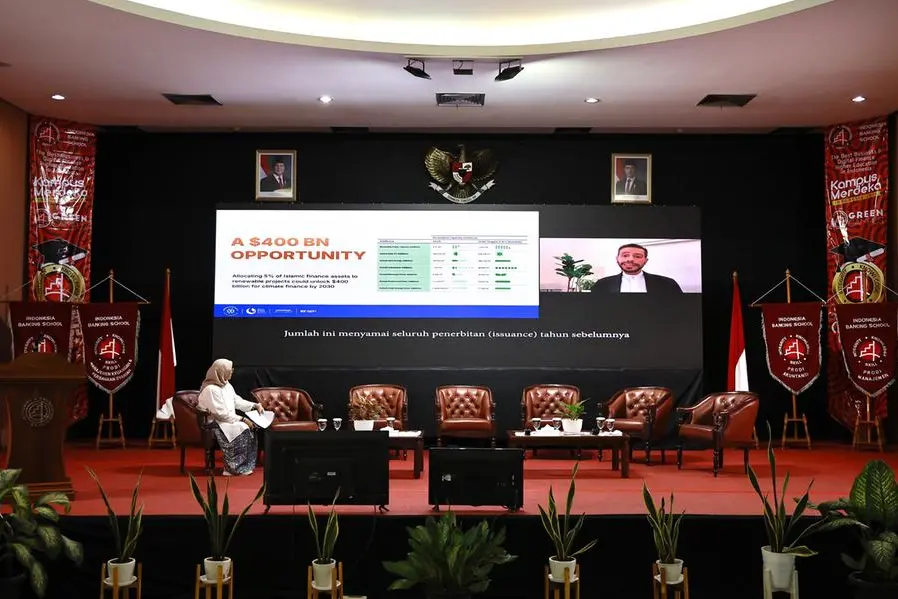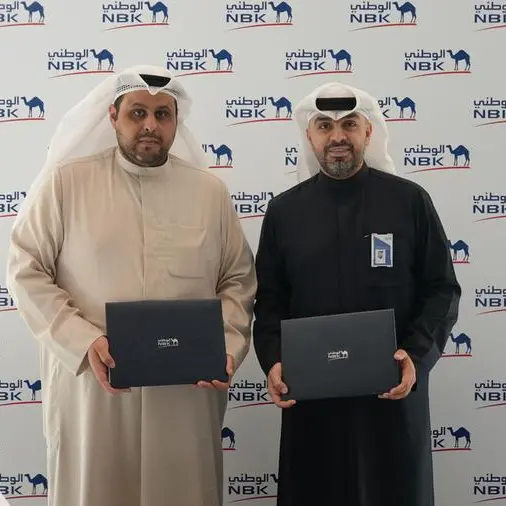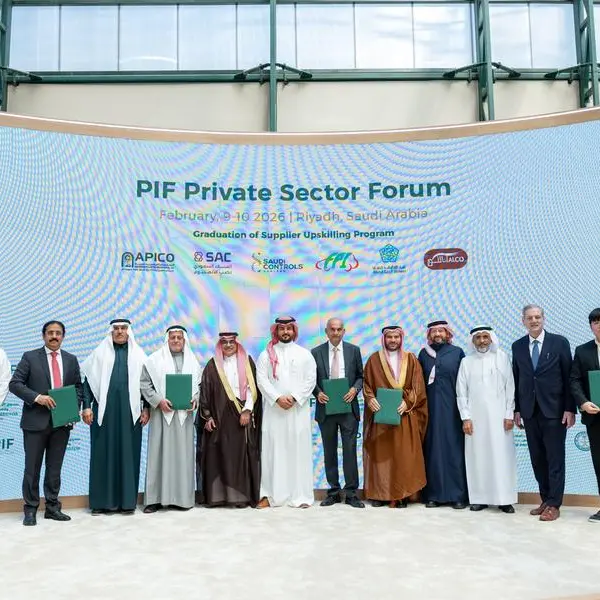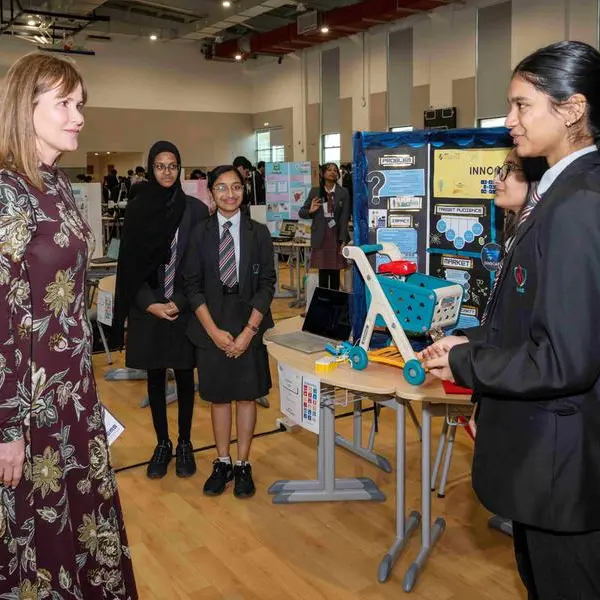PHOTO
Jakarta - Greenpeace Indonesia as part of the Ummah for Earth Alliance collaborated with the Indonesia Banking School and launched an Islamic finance campaign in Jakarta today during the "Beyond Halal: The Thayyib Economy For Sustainable Livelihood" Conference. The conference was attended by various stakeholders such as Bank Indonesia, the Financial Services Authority, and the National Committee for Sharia Economics and Finance.
"Through the Islamic Finance For Earth campaign, Ummah for Earth will seek dialogue between stakeholders, and connect the narrative of climate solutions and actions with our audience, so that Islamic finance can be considered as a climate financing solution," said Rahma Shofiana, Ummah for Earth Project Lead at Greenpeace Indonesia.
This activity followed the launch of the “Islamic Finance and Renewable Energy” report last year, a collaboration between Greenpeace MENA, as part of the Ummah For Earth Alliance, and the Global Ethical Finance Initiative (GEFI), that highlights the transformative potential of Islamic finance in accelerating the global transition to renewable energy. Findings from the report reveal that by allocating just 5% of the Islamic finance sector’s $4.5 trillion assets to renewable projects, $400 billion could be unlocked for climate Finance by 2030.
The report underscores the alignment between Islamic finance principles—emphasising environmental stewardship, ethical investment, and social responsibility—and the urgent need for sustainable energy investment. With an annual renewable energy funding gap of $5.7 trillion, the Islamic finance sector is uniquely positioned to bridge this gap through Shariah-compliant financial instruments. These Islamic Financial instruments can potentially address the triple planetary crisis: climate change, pollution, and biodiversity loss.
Dr. Hayu Prabowo, Chairman of the Institute for Environmental and Natural Resources Improvement, Indonesian Ulema Council stated: “Based on the report, the Islamic finance industry has a unique opportunity to support climate action financing through the concept of sustainable Islamic finance, which is not only based on the principle of halal but also on the aspect of thayyib.”
As a manifestation of Islam which is rahmatan lil alamin, Islamic finance with the principle of halalan-thayyiban presents a solution to build an economic and financial system that is not only oriented towards halal financial profits, but also provides positive social and environmental benefits.
Tariq Al-Olaimy, Islamic Finance Advisor to the Ummah For Earth Alliance, added, "Islamic finance isn't just an alternative financial system—it's a powerful force for climate action. With assets set to reach $6.7 trillion by 2027, directing just 5% toward renewable energy could mobilize $400 billion for climate solutions by 2030. Indonesia is already showing what's possible—their pioneering green sukuk program has helped prevent over 974,000 tonnes of CO2 emissions annually. With ESG sukuk reaching $9.9 billion in just the first half of 2024, the momentum for sustainable Islamic finance is building. The time for action is now—Islamic financial institutions must accelerate their renewable energy investments to tackle the climate crisis."
-Ends-
For Media inquiries:
Hayu Prabowo, Chairman, Environment and Natural Resources Agency of Ulama Council of Indonesia,
Rahma Shofiana, Ummah for Earth Project Lead for Greenpeace Indonesia,
Madeleine Arnaout, Global Communications and Key Influencers Lead for the Ummah for Earth Project at Greenpeace MENA, marnaout@greenpeace.org
About Ummah For Earth Alliance
Ummah for Earth is a faith-based climate alliance of 45+ organizations and individual allies worldwide. We have been focusing on empowering communities and local environmental initiatives, shedding light on the intersection between Islamic faith and climate action, and encouraging and helping Muslims and others to raise their voices for the well-being of our common home.




















